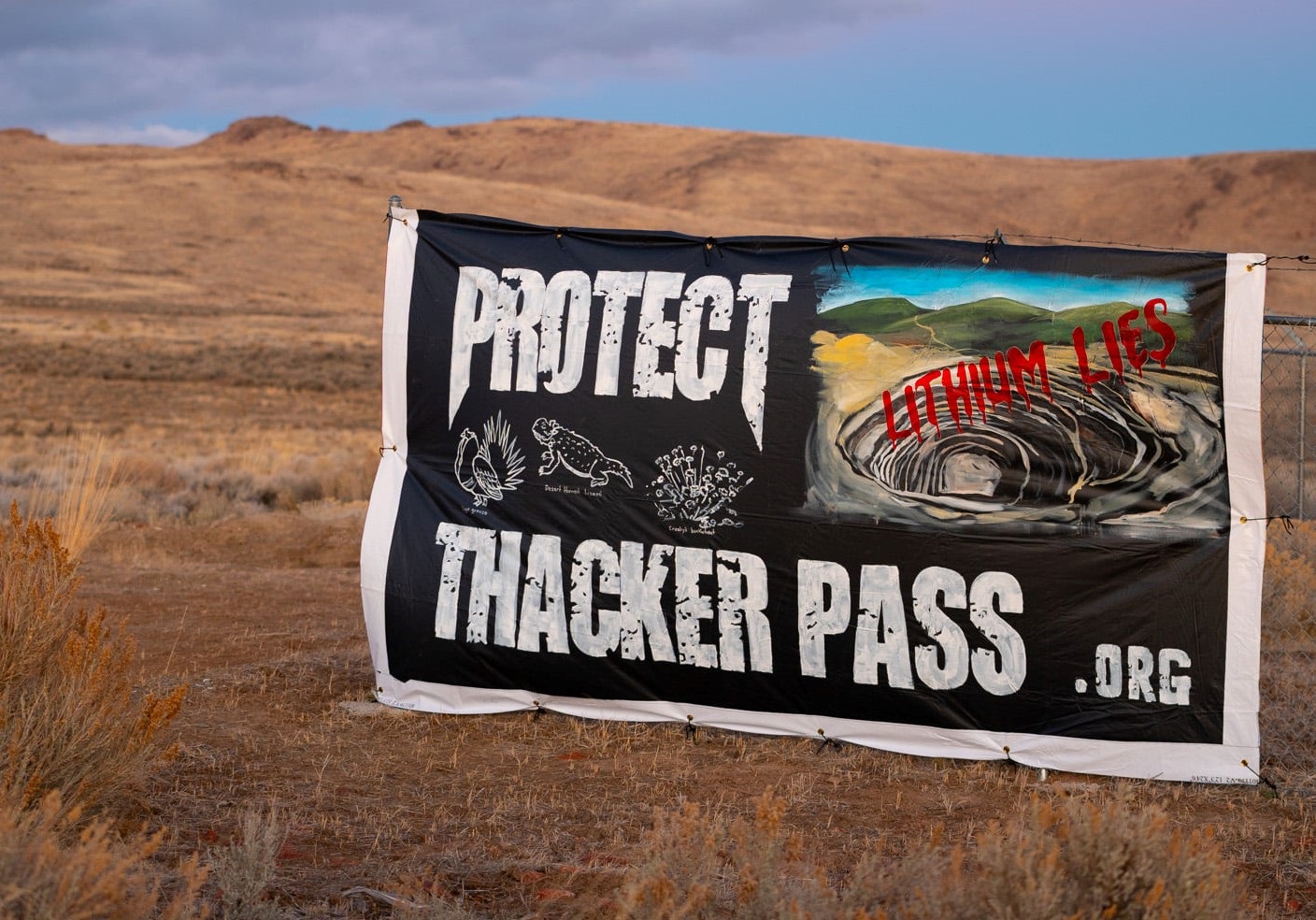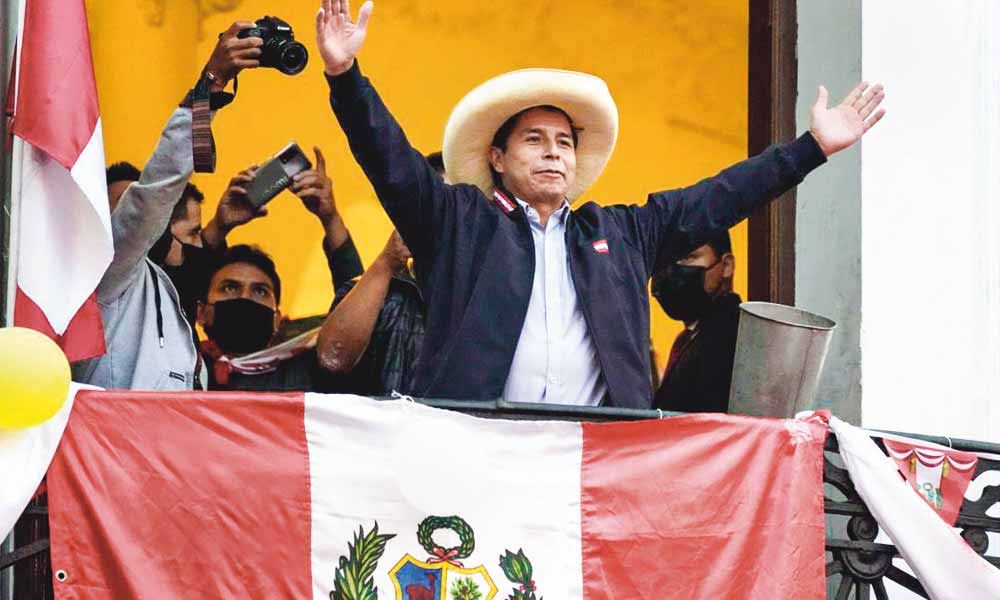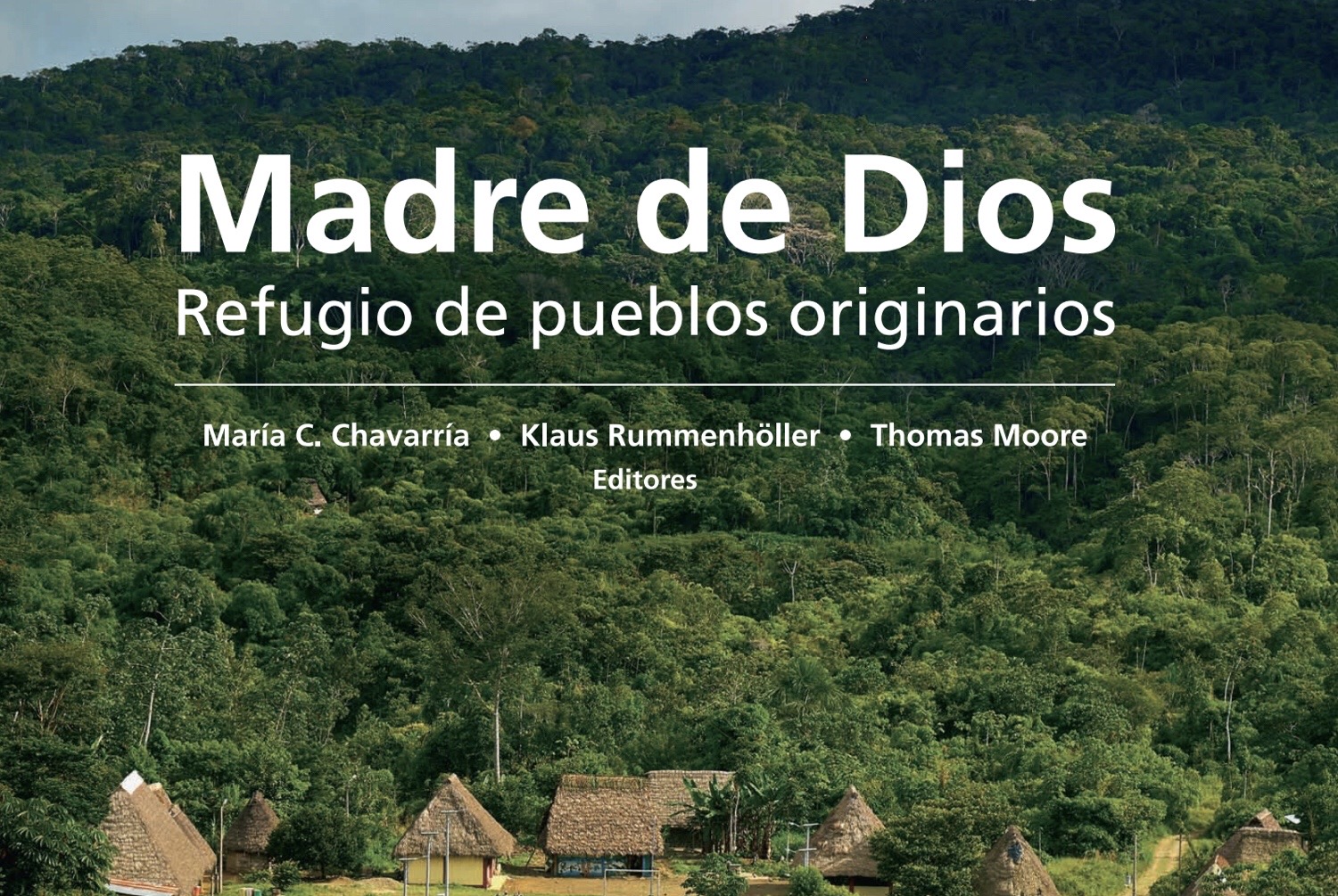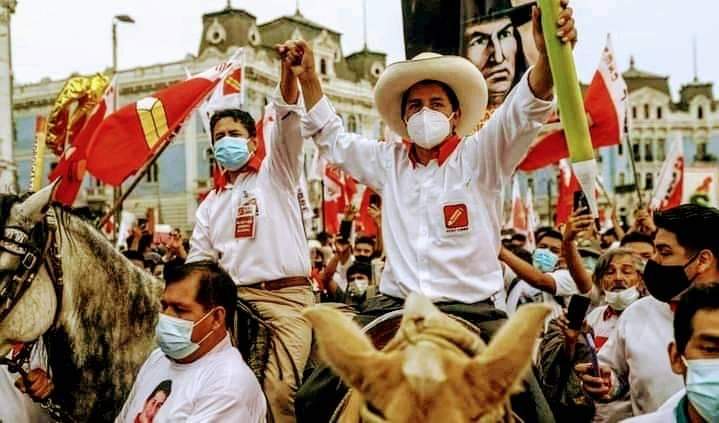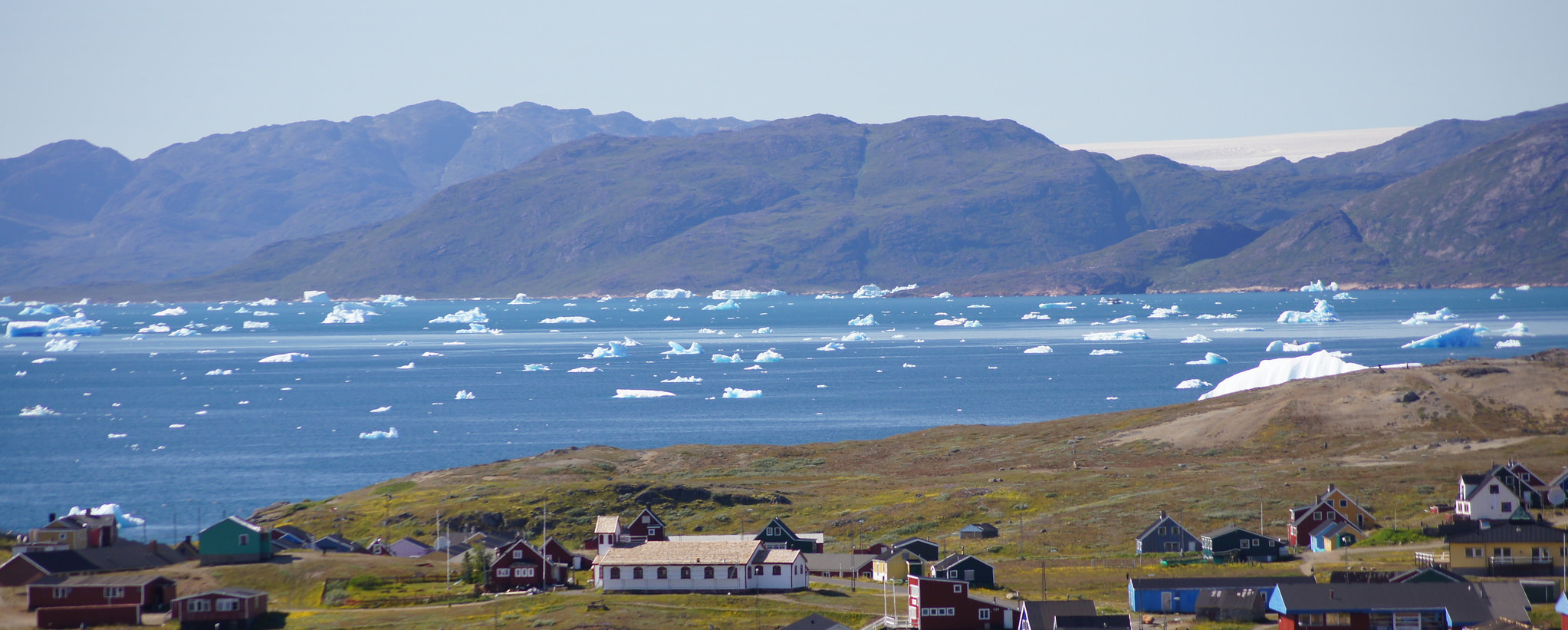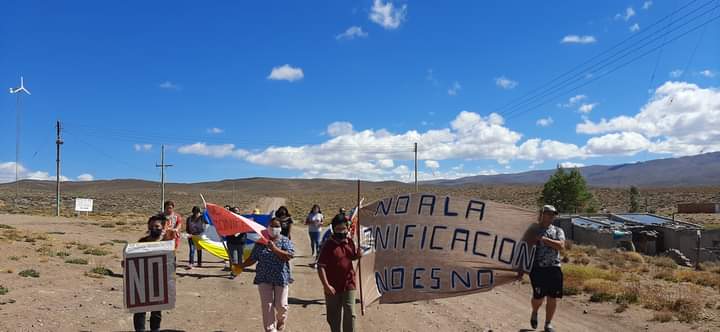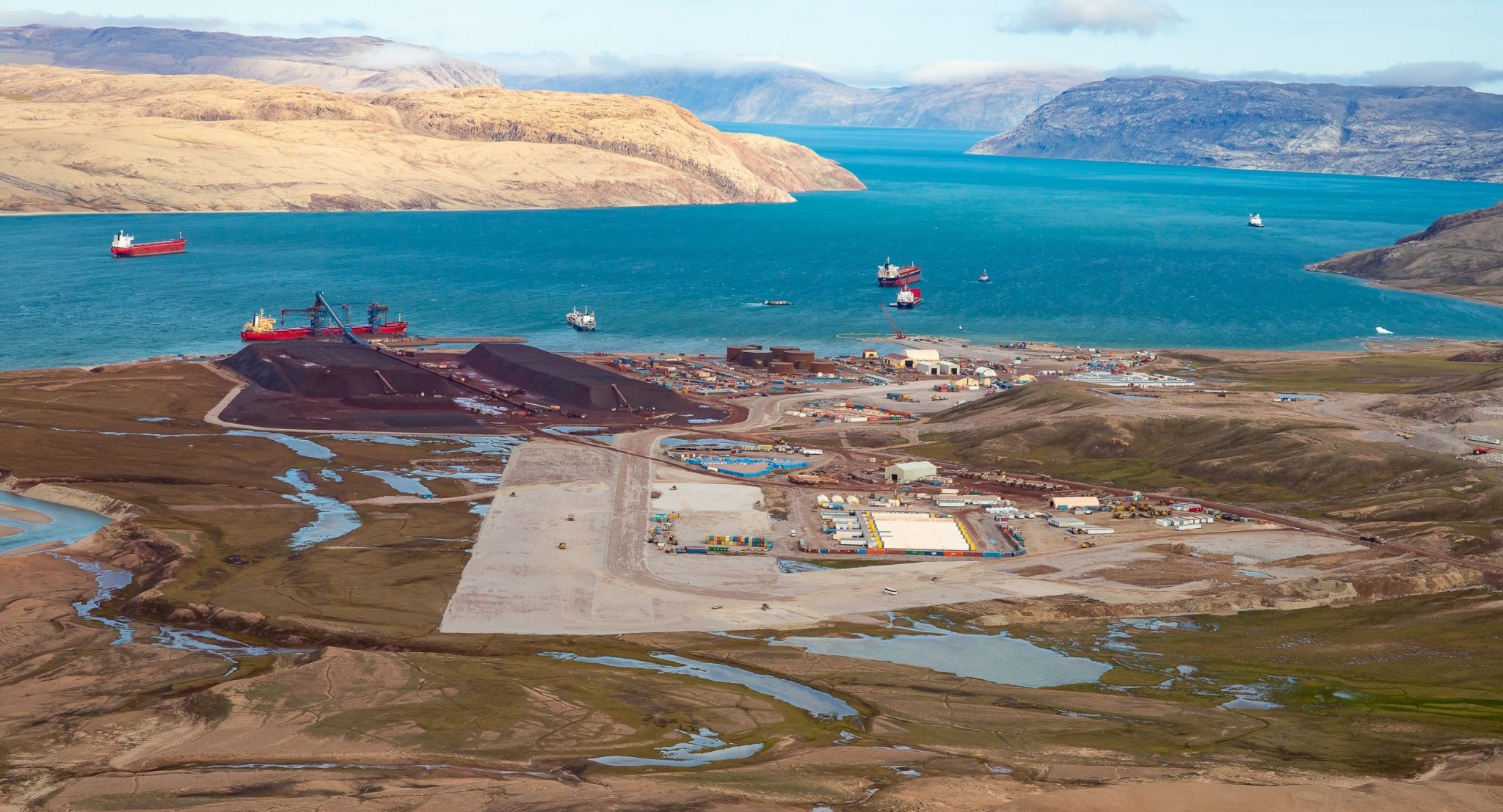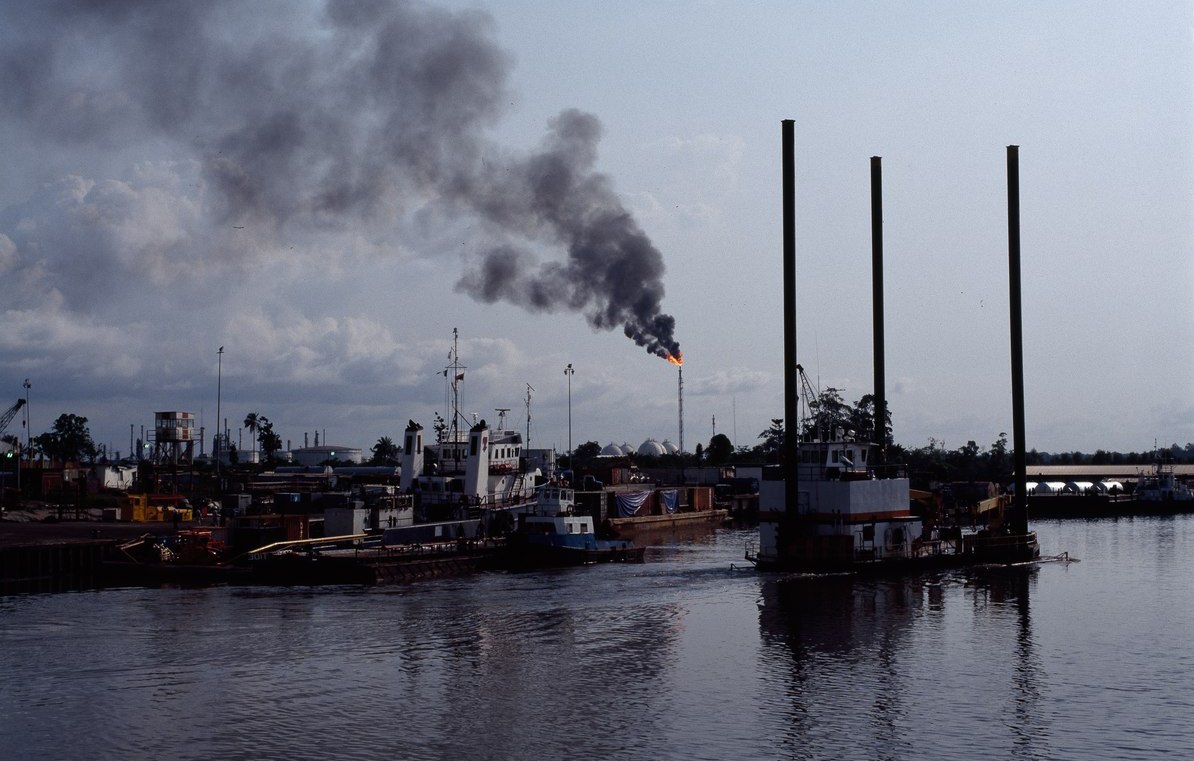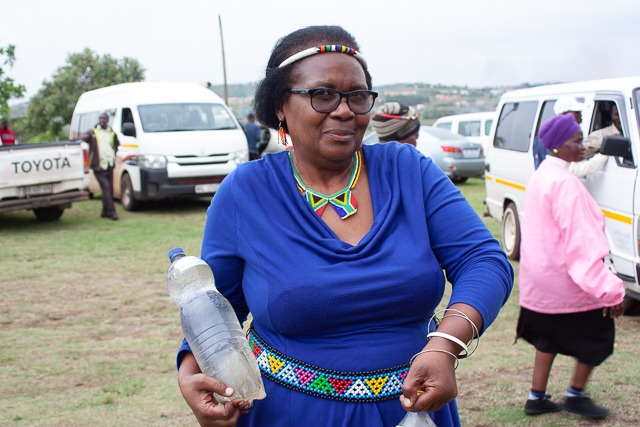
Record number of ecologists slain in 2020
A record number of environmental defenders were murdered last year, according to a report by advocacy group Global Witness. The report, “Last Line of Defense,” counts 227 activists killed around the world in 2020—the highest number recorded for a second consecutive year. Many of the murders were linked to resource exploitation—logging, mining, agribusiness, and hydroelectric dams. Since the 2015 Paris Agreement on climate change, the organization found on average of four activists have been killed each week. (Photo via Groundwork)



